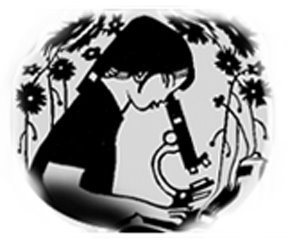Not long after, Lin's junk arrived at the Country of Split-tongued People, who had in their possession a rhyme scheme which was a jealously guarded national secret. It was said that once a man learned the rhyme scheme and knew the language of the Split-tonged People, he could learn other languages and dialects with no difficulty whatsoever.
The travelers tried to offer the two-headed birds Lin bought in the Country of Restless People for the rhyme scheme, but discovered that the people were under orders from the King not to divulge the secret to any foreigners. Old Tuo spent a day in the wine shops talking to the young people, but as soon as he mentioned the word 'rhyme', they immediately turned away from him. At last he found out that if a man disclosed the secret to a foreigner, he would be banished to another country to live a life of celibacy. Tang Ao was quite discouraged when Old Tuo returned to the junk and told him this.
The chapter goes on to detail how Old Tuo manages to obtain the rhyme scheme from the King after saving several members of the royal family with his extraordinary prescriptions.

At last they cast off, and Tang Ao opened the sealed envelope which contained the rhyme scheme, and what he saw appears [below]. When Tang Ao saw the list of words, he could make neither head nor tail of it, but Melody Orchid explained it to him, and the three men had a good time talking to each other in code (see Notes.)
Here from the Notes:
Rhyme scheme. This was an attempt to break down the Chinese language phonetically. The lists consist of Chinese characters or combinations of characters to represent a breakdown of consonant sounds in the vertical column, and vowel sounds in the horizontal column....The breaking down of the Chinese language into thirty-three consonants was Li Ju-chen's chief contribution to phonetics....It was the idea of the author that if a person memorized these two lists of sounds, by cross-reference, any word may be 'spelled' phonetically. If a number is given to each sound, people may talk to each other in a sort of code, in which case the author notes that number must be given also to each of the tonal values in the language. Thus, 33-22-1 might 'spell' the word chuang, meaning hamlet. Actually the breaking down of words and trying to spell them phonetically dates back to the 5th century. It is called fan chieh, and the system is in current use in Chinese dictionaries, to indicated the pronunciation of characters.




















No comments:
Post a Comment